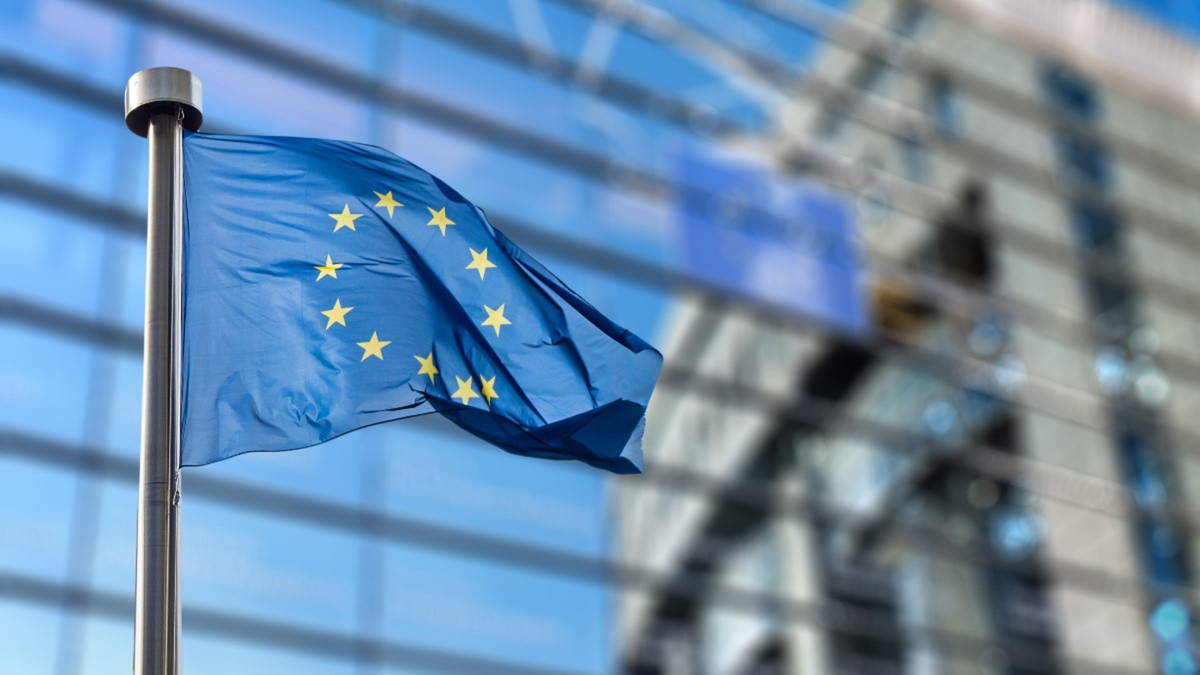Apple has shared information to comply with the Digital Services Act in the EU!

Apple generally does not disclose specific figures on the number of users of its services. However, the European Union’s Digital Services Act (DSA) compelled the company to disclose the number of active users in a part of Europe. According to the new law, any such company with more than 45 million users must comply with audits
By exceeding the number of users set by law, Apple claimed that its iOS App Store alone exceeded 45 million usersbut that it would also voluntarily apply DSA rules to its Mac, Apple Watch and Apple TV app stores.
Apple complies with a new European law
As the company said in a statement the objectives of this law are aligned with the company’s philosophywhen it comes to protecting consumers:
Apple intends, on a completely voluntary basis, to align each of the existing App Store versions (including those that currently do not meet the VLOP designation threshold) with the existing DSA requirements for VLO. Because the DSA’s goals align with Apple’s goals of protecting consumers from illegal content.
Like Apple, other giants like Twitter, Meta, and Google also complied with the statement. Twitter said it had 100.9 million monthly users in the EU. Alphabet, Google’s parent company, said the total number of registered monthly users was 278.6 million for Google Maps, 274.6 million for Google Play, 332 million for Google Search, 74.9 million for Shopping. and 401.7 million for YouTube.
Meta reported 255 million average monthly users on Facebook in the EU and around 250 million on Instagram.
The Digital Services Act was approved in the middle of last year by the European Unionas a tool to regulate big tech companies and address concerns about their misuse.
Its objective is to regulate and control the dissemination of illegal or harmful content online, to ensure better consumer protection in online markets and to introduce safeguards for users of the Internet and digital services. Also introduces new obligations for major online platforms and search engines to prevent misuse of these platforms.
And in Apple’s case, it could force major changes to popular services like the App Store, Messages, FaceTime, Siri.







